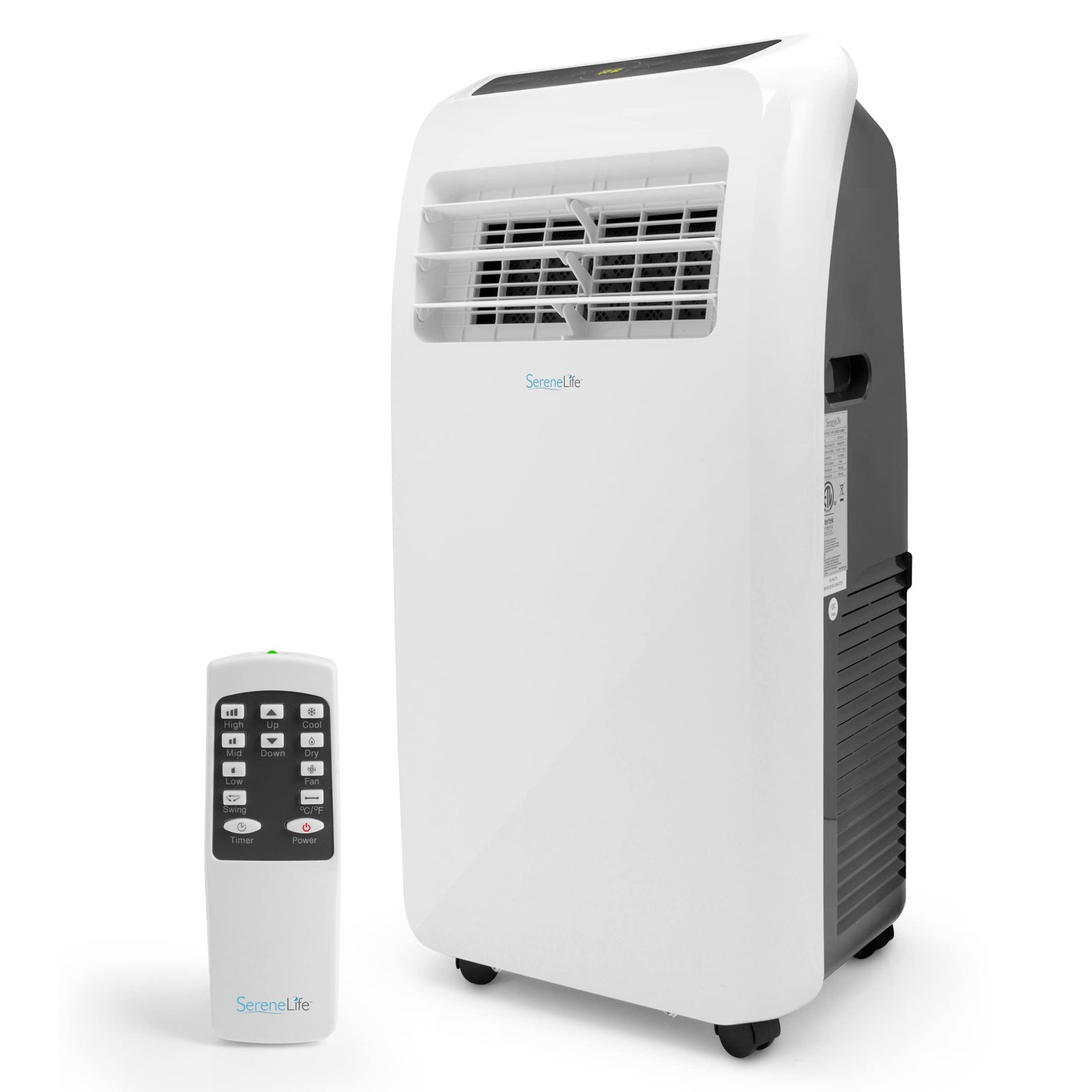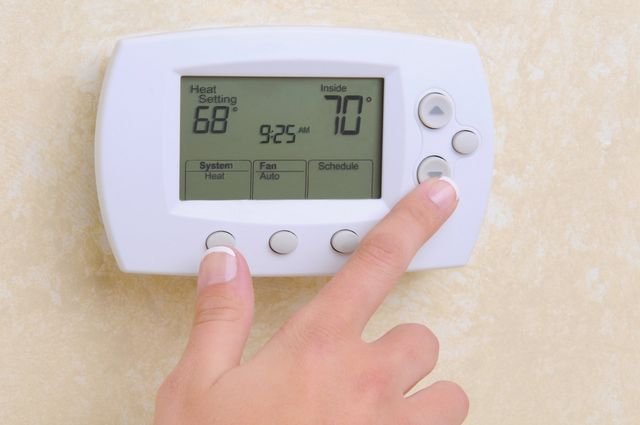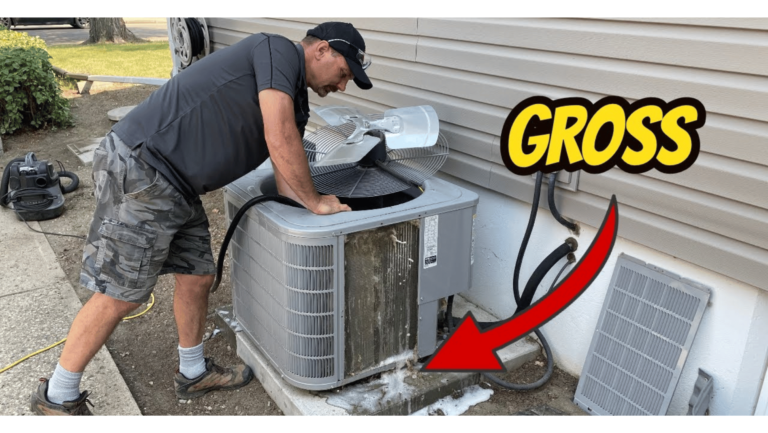Does Running AC Lower Humidity? Discover the Power Behind a Cool and Dry Home
Running an AC can lower humidity levels in a space due to the cooling process which condenses moisture in the air, reducing the overall humidity. Introducing an air conditioner to your space not only keeps the temperature cool, but it also helps to reduce the humidity levels.
The process of cooling down the air with an AC involves condensing moisture from the surrounding atmosphere, resulting in lower humidity. This can be particularly beneficial in areas with high humidity levels, as a lower humidity can create a more comfortable environment and prevent the growth of mold and mildew.
Additionally, a decrease in humidity can alleviate the discomfort caused by excessive sweating and make you feel cooler overall. So, if you’re looking to keep your space both cool and comfortable, running an AC is a great way to achieve that.

Credit: www.hitachiaircon.com
How Does An Air Conditioner Affect Humidity?
When it comes to understanding the role of an air conditioner in reducing humidity, it is important to explore the science behind dehumidification through AC. Air conditioners have a direct impact on humidity levels, as they not only cool the air but also remove moisture from it. By passing warm air over cold evaporator coils, an AC lowers the temperature and extracts moisture through condensation. This process helps in reducing the overall humidity in a space.
The correlation between AC usage and humidity levels can be seen in the way an air conditioner functions. As the cool air circulates, it absorbs moisture from the environment, leading to a more comfortable and drier atmosphere. This is especially beneficial in humid climates where high humidity can make a room feel sticky and uncomfortable. Therefore, running an AC can be an effective way to lower humidity levels indoors.
Benefits Of Lowering Humidity With Ac
Lowering humidity with AC leads to a number of benefits. Firstly, reduced humidity improves indoor air quality as it helps in minimizing the growth of mold and mildew. These fungi thrive in damp environments and can cause health issues, so maintaining a cool and dry air can prevent their growth. Secondly, lower humidity levels provide relief to those with allergies and respiratory conditions. High humidity can exacerbate these conditions, while controlling humidity helps in reducing symptoms and promoting better respiratory health. By using an AC to lower humidity, you create a comfortable and healthier living space.
Tips For Effective Humidity Control With Ac
Running an AC can help lower humidity levels in your home, providing a more comfortable living environment. To effectively control humidity, there are a few tips you should keep in mind.
First, it’s important to set the correct temperature and humidity level on your AC. A good rule of thumb is to keep the temperature between 70-75 degrees Fahrenheit and the humidity level between 30-50%. This will help prevent excess moisture in the air.
Another option for controlling humidity is to use dehumidifier settings or standalone dehumidifiers in addition to your AC. These devices can help remove excess moisture from the air, especially in areas where humidity is a persistent problem.
Finally, regular AC maintenance is essential for optimal humidity control. Ensure your AC unit is clean and free from dust and debris, as a dirty unit can hinder its ability to reduce humidity effectively.
By following these tips, you can effectively control humidity levels in your home and enjoy a more comfortable living space.
Frequently Asked Questions Of Does Running Ac Lower Humidity
Can Running Ac Lower Humidity In A Room?
Yes, running an air conditioner can lower humidity in a room. AC units have a dehumidifying effect as they cool the air, removing excess moisture. This helps create a more comfortable and dry environment, reducing the risk of mold growth and improving indoor air quality.
How Does Ac Remove Humidity?
Air conditioners remove humidity by cooling the air. When warm air passes over the cold evaporator coil inside the AC unit, moisture condenses on the coil and is collected in a drain pan. This process not only cools the air but also removes excess moisture, reducing humidity levels in the room.
Is It Important To Lower Humidity In A Room?
Lowering humidity in a room is important for several reasons. High humidity can cause discomfort, promote mold growth, and worsen respiratory conditions. By reducing humidity, you create a more comfortable and healthy indoor environment, preventing issues such as condensation on windows, musty odors, and damage to furniture or electronics.
What Is The Ideal Humidity Level For A Room?
The ideal humidity level for a room is between 30% and 50%. This range ensures a comfortable and healthy environment. Humidity levels below 30% can lead to dry air and respiratory problems, while levels above 50% create a damp and conducive environment for mold and mildew growth.
Conclusion
Lowering humidity levels is a top concern for many homeowners during the summer months. It is important to understand the impact of running an AC on humidity levels. While AC does help reduce humidity to an extent, it is not the most effective solution.
Using a dehumidifier alongside the AC can provide better results in controlling humidity. Ultimately, a combination of both methods can create a comfortable and moisture-free environment in your home.







